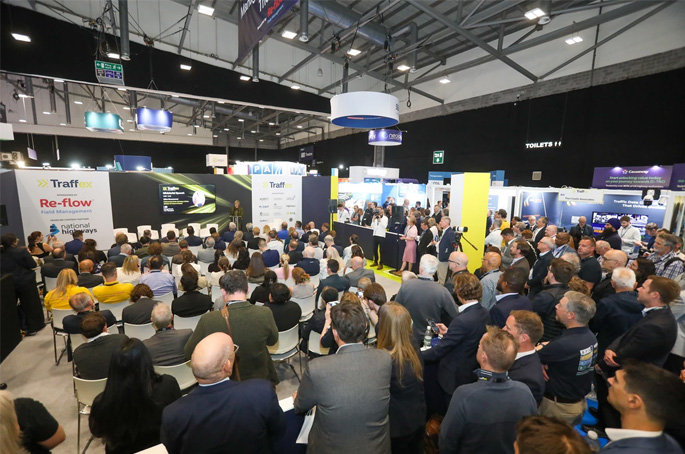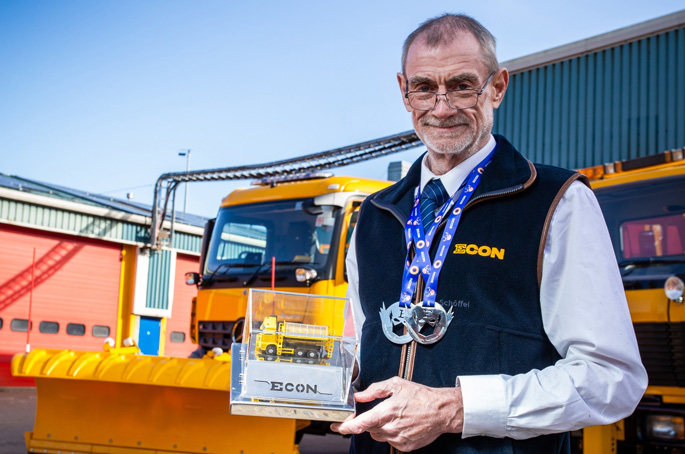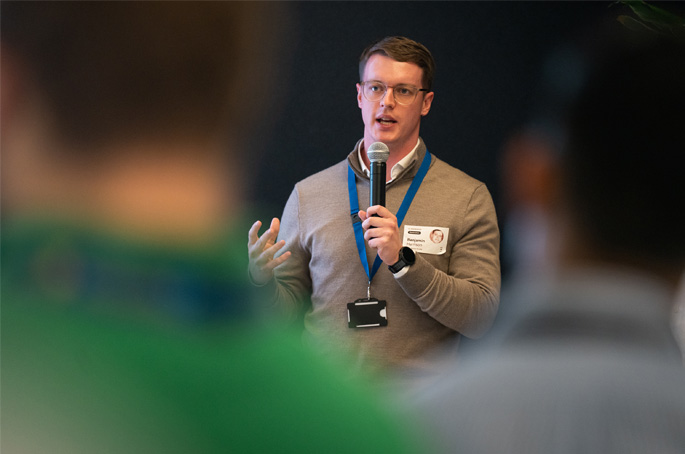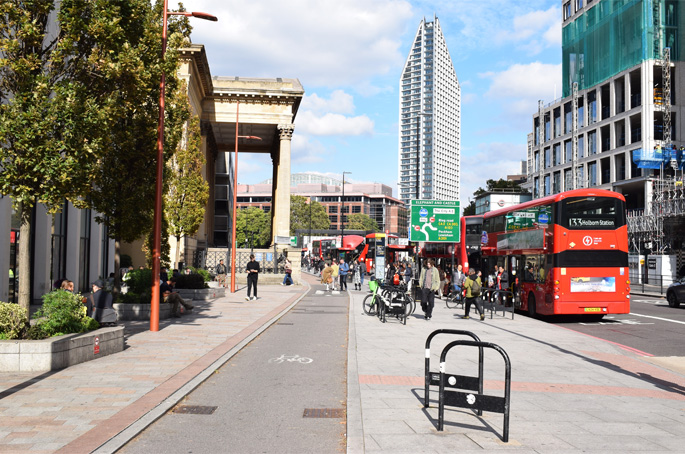Mike Townsend, CEO of Earthshine Group, explores what decarbonisation progress can be made through green public procurement (GPP) and supply side innovation.
The public sector has a major role to play, beyond leading on the policy agenda, in meeting the climate challenge. GPP – defined as a formal, structured approach for procuring goods, services and public works to drive improved environmental impacts throughout their lifecycle – provides an effective vehicle to stimulate real innovation and drive effective change in supply markets.
Available data is limited but based on the EU's tenders electronic database (TED), some estimates put the proportion of GPP as ranging from less than 0.5% in Malta rising to between 14-16% in Denmark and France. GPP is thought to be over 10% for the UK. Moreover, most countries only apply GPP to procure less than 5% of their contracts.
Last year, the Government of Ireland published a new Green Public Procurement Strategy and Action Plan. It states: ‘We need to move to a more sustainable production and consumption model across society by changing how we consume materials and resources; how we design the products that we use; and how we extend the productive life of all goods and products in our society and economy.'
Transport Infrastructure Ireland (TII) is one the main state agencies taking this agenda forward – with annual spend in excess of €3bn.
TII is looking to drive innovation and performance through a range of demanding targets, including the delivery of a carbon neutral traffic system by 2036, and to completely phase out the use of finite resources by 2036, by adopting the circular economy, a greater emphasis on the reuse of resources, and using bio-material alternatives, wherever possible.
The road to decarbonisation
Kelly Bros International – an agile business with Irish heritage – is rising to meet this challenge.
It has been working in the road marking industry since the early 1950s, manufacturing and applying high quality road marking and anti-skid products, with a strong reputation for innovative, sustainable and safe products.
The company has been engaged with the sustainability agenda for some years. Alexis Sheridan, QHSE manager, has helped establish sold foundations with essential certifications, including ISO 9001 and ISO 14001, and it has worked with Earthshine Group to achieve its EcoVadis certification.
The business has established a 2020 baseline for carbon emissions – covering Scopes, 1, 2 and 3 – and is already engaged in energy management and emissions reduction.
Early progress on the decarbonisation journey has involved a range of initiatives, including energy demand reduction through efficient heating, improved logistics and behavioural training and a successful trial of electric forklift trucks.
It is now working towards an electric fleet transition plan and a new Climate Action Plan, including a schedule of new measures, which could save a further 1,182 tonnes of CO2e each year.
Operations director, Raymond Kelly, says: ‘We're quantifying environmental performance across our products and services – rolling out a programme of lifecycle analysis (LCA) and Environmental Product Declarations (EPDs) through our product portfolio.'
The first product EPDs were already published in early 2024 – the complete programme is expected to run through to 2026.
Mr Kelly continues: ‘Apart from ensuring we're providing transparency and assurance for our customers, we're also using our LCAs and EPDs to provide greater visibility of sustainability risks and to find opportunities for major reductions in carbon emissions, moving ahead.'
The next leg of their sustainability journey lies with product and service innovation.
Commercial director, Damien Kelly, says: ‘We're looking to drive low-carbon product innovation by substituting hydrocarbons in the production of binder materials for our Briteline Plus and Wet Night product ranges.'
Tatiana Brantseva, technical development and R&D manager, says: ‘Utilising bio-based rosin esters, from sustainable sources, we've developed product formulations that can deliver an average of 54% reduction in embodied CO2, while achieving all our customers' technical performance parameters, and without significant adverse commercial impacts, beyond the usual market sensitivities.'
This initial work has delivered an annualised reduction of 380 tonnes CO2e.
Maintaining momentum
Throughout this, the company has a focus on commercial innovation to ensure sustainability is at least cost-neutral to support client's budgets.
A new Circular Economy Strategy is also on the horizon and the company already has achieved a 31% recycling rate across the enterprise. It is also harvesting vehicle parts for re-use at a fairly big scale, avoiding the need for up to 2,000 kg of OEM parts each year – and their associated virgin resources.
By leveraging public spending, GPP has the potential to drive innovation in many markets. For the supply side of key industries, the need to innovate for sustainability and commercial advantage helps retain existing customers and win new work worldwide.
We need more leadership on GPP and more companies innovating to meet the challenge.
































